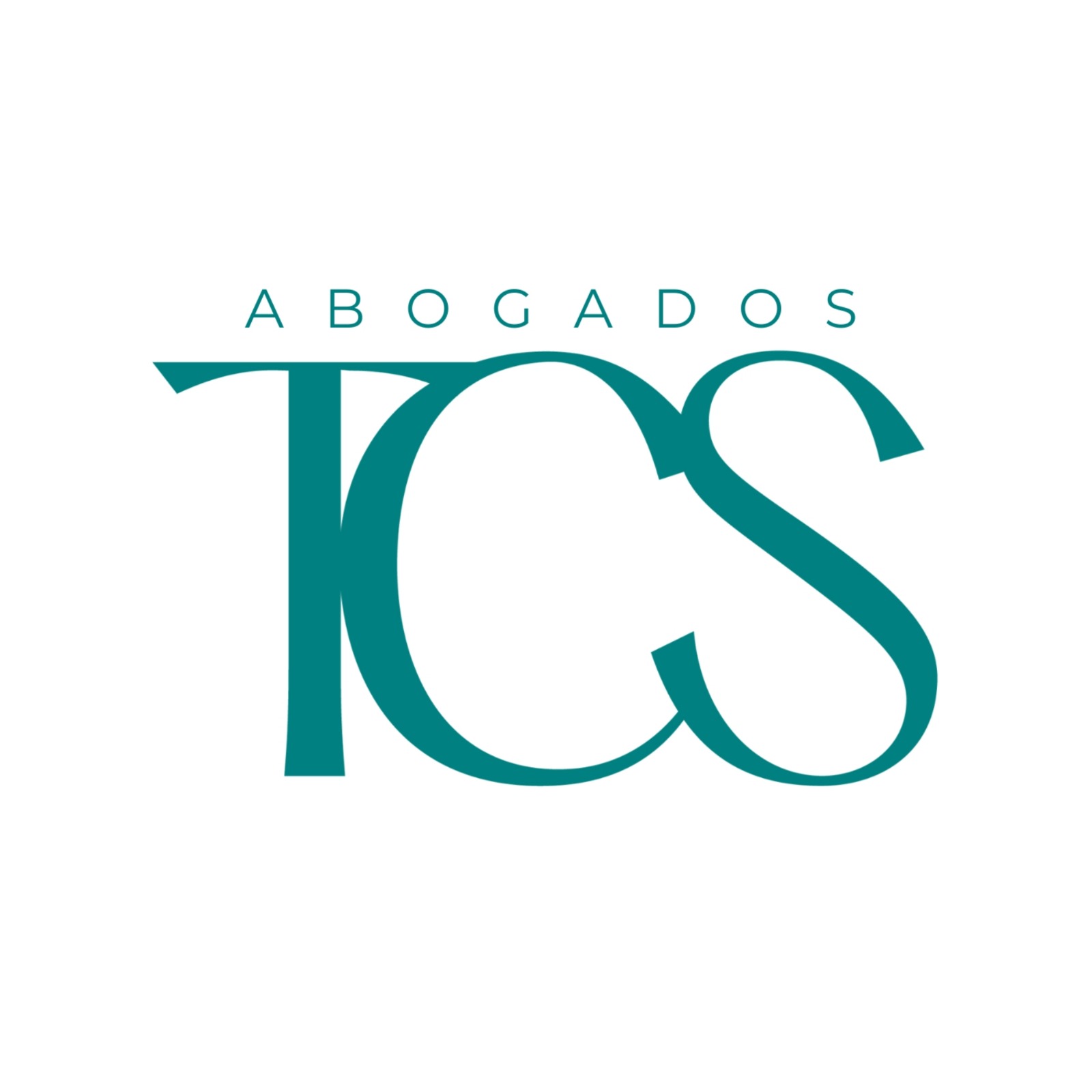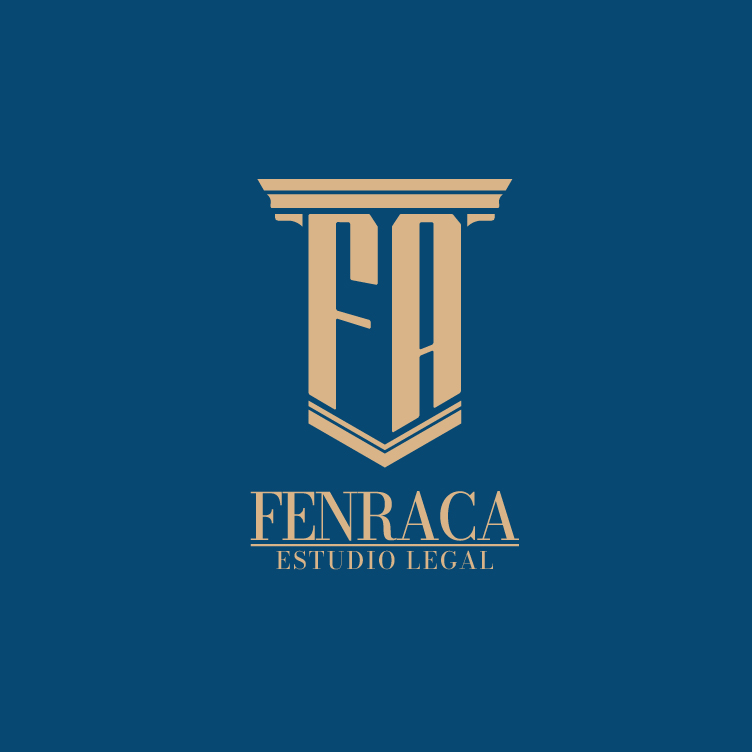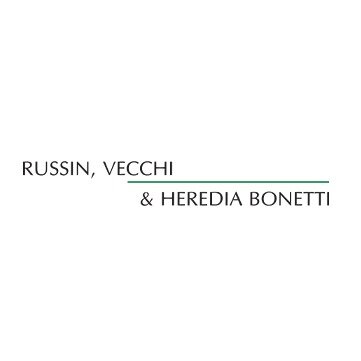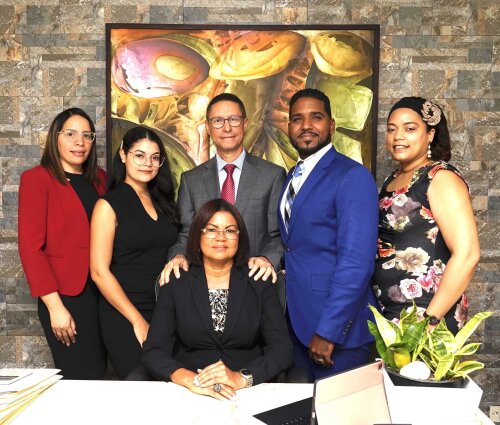Best Adoption Lawyers in Dominican Republic
Share your needs with us, get contacted by law firms.
Free. Takes 2 min.
Free Guide to Hiring a Family Lawyer
Or refine your search by selecting a city:
List of the best lawyers in Dominican Republic
About Adoption Law in Dominican Republic
Adoption in the Dominican Republic is a legal process designed to create a permanent parent-child relationship between a child and an adult who is not biologically related. The process is regulated by the Dominican Republic's Child Protection Code and is overseen by the Central Authority for Adoptions under the National Council for Children and Adolescents (CONANI). Adoption is open to both Dominican nationals and international applicants, although the process may vary depending on the applicants' country of residence. The primary consideration in any adoption procedure is the child’s best interest, ensuring they are placed in a nurturing and stable environment.
Why You May Need a Lawyer
The adoption process in the Dominican Republic can be complex and involves various legal, procedural, and bureaucratic steps. A lawyer specializing in adoption can provide essential assistance in several situations, such as:
- Navigating the legalities involved in ensuring the adoption complies with both Dominican and international laws.
- Handling the necessary paperwork and documentation efficiently and accurately.
- Dealing with potential legal challenges if any issues regarding eligibility or procedural compliance arise.
- Advising on matters related to the rights and responsibilities of adoptive parents and biological parents.
- Facilitating communication and procedures between different legal jurisdictions, especially in international adoptions.
Local Laws Overview
The adoption law in the Dominican Republic prioritizes the best interests of the child and includes several key aspects:
- Eligibility: Prospective adoptive parents must meet certain criteria, including age, marital status, and residency requirements.
- Consent: Consent from the biological parents or legal guardians is typically required unless parental rights have been terminated.
- Types of Adoption: The country recognizes full adoption (plena) and simple adoption (simple). Full adoption results in the complete transfer of parental rights.
- Central Authority: The Central Authority for Adoptions (CONANI) is responsible for overseeing all adoptions in the country, ensuring compliance with national and international standards.
- Intercountry Adoption: Governed by the Hague Convention on Protection of Children and Cooperation in Respect of Intercountry Adoption, which the Dominican Republic is a signatory of.
Frequently Asked Questions
What is the age requirement for adoptive parents in the Dominican Republic?
Adoptive parents must be at least 30 years old and no more than 60 years old. If married, they must have been married for at least five years.
Can single individuals adopt in the Dominican Republic?
Yes, single individuals are allowed to adopt, provided they meet the other eligibility criteria, including age, financial stability, and suitability to provide a stable environment for a child.
How long does the adoption process take?
The adoption process varies in duration, typically taking between 12 to 24 months. This time frame depends on various factors, including the type of adoption and the circumstances of the child.
Are adoption fees involved?
Yes, there are various fees involved in the adoption process, including legal fees, administrative costs, and sometimes agency fees if working through an adoption agency.
What documents are required for adoption in the Dominican Republic?
Essential documents include birth certificates, marriage certificates (if applicable), financial statements, police clearances, and psychological evaluations, among others.
Is post-adoption reporting required?
Yes, especially for international adoptions, periodic reports may be required to ensure the child's welfare and adjustment to their new environment.
Can biological parents change their minds after consenting to adoption?
Once an adoption is finalized, it is irrevocable. However, until finalization, biological parents may petition for a reversal under specific circumstances, subject to legal proceedings.
What role does CONANI play in the adoption process?
CONANI acts as the central authority, overseeing the adoption process, ensuring the protection and rights of the children, and conducting necessary home studies and evaluations for adoptive parents.
Is it possible to adopt a relative or kin?
Yes, relative or kinship adoptions are possible, but they still must go through the formal adoption process and fulfill all legal requirements.
Does the Dominican Republic recognize foreign adoption decrees?
While international adoptions must comply with the Hague Convention, the Dominican Republic recognizes foreign adoption decrees, provided they comply with international agreements and local laws.
Additional Resources
For more information and assistance, you may contact:
- The National Council for Children and Adolescents (CONANI) - the central body overseeing adoptions.
- The Embassy or Consulate of your home country in the Dominican Republic for guidance on intercountry adoption procedures.
- Local adoption agencies or international agencies accredited by CONANI.
- Support groups and forums for adoptive families to share experiences and advice.
Next Steps
If you are considering adoption in the Dominican Republic and require legal assistance, here are the recommended steps:
- Research and reach out to experienced adoption lawyers or law firms that specialize in family law and international adoptions.
- Gather the necessary documentation to initiate your adoption application.
- Contact CONANI or a Hague-accredited agency for guidance on starting the adoption process.
- Consider joining adoptive parent support groups to gain insights and support from families who have undergone similar processes.
- Stay informed about changes in adoption laws and procedures, both in the Dominican Republic and internationally.
Lawzana helps you find the best lawyers and law firms in Dominican Republic through a curated and pre-screened list of qualified legal professionals. Our platform offers rankings and detailed profiles of attorneys and law firms, allowing you to compare based on practice areas, including Adoption, experience, and client feedback.
Each profile includes a description of the firm's areas of practice, client reviews, team members and partners, year of establishment, spoken languages, office locations, contact information, social media presence, and any published articles or resources. Most firms on our platform speak English and are experienced in both local and international legal matters.
Get a quote from top-rated law firms in Dominican Republic — quickly, securely, and without unnecessary hassle.
Disclaimer:
The information provided on this page is for general informational purposes only and does not constitute legal advice. While we strive to ensure the accuracy and relevance of the content, legal information may change over time, and interpretations of the law can vary. You should always consult with a qualified legal professional for advice specific to your situation.
We disclaim all liability for actions taken or not taken based on the content of this page. If you believe any information is incorrect or outdated, please contact us, and we will review and update it where appropriate.
Browse adoption law firms by city in Dominican Republic
Refine your search by selecting a city.
















